Our goal is to improve programming and policy to support durable solutions for displacement-affected communities.
The search for durable solutions to the protracted displacement situation in East Africa and the Horn of Africa is a critical humanitarian and development concern. Displacement is a regional/cross-border issue with a strong political dimension, demanding a multi-sector response beyond the existing humanitarian agenda.
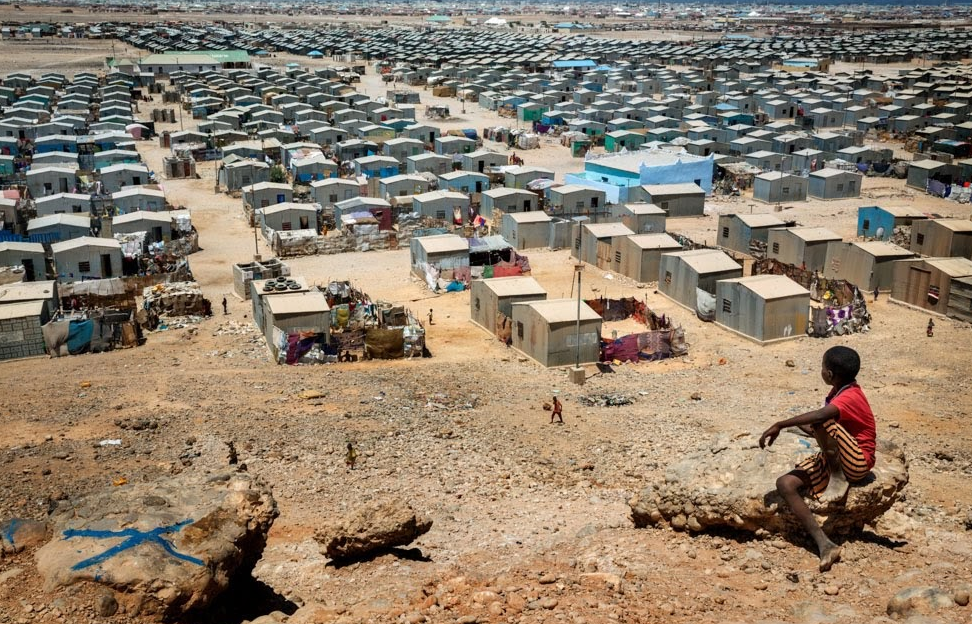
Background & History
The Regional Durable Solutions Secretariat (ReDSS) was created in 2015 to maintain focused momentum and stakeholder engagement towards durable solutions for displacement-affected communities in East Africa and the Horn of Africa.
ReDSS seeks to improve joint learning and programming, inform policy processes, enhance capacity development, and facilitate coordination in the collective search for durable solutions. It is a coordination and information hub that acts as a catalyst and agent provocateur to stimulate forward-thinking and policy development on durable solutions for displacement.
The timeline below gives a snippet of our journey through the years since our inception
(click the black arrows on either side to scroll through the timeline)
ReDSS is founded
ReDSS is founded by 15 NGOs after defining a common agenda for durable solutions in the Horn of Africa region.

Expansion to Somalia
ReDSS establishes a presence in Somalia while generating evidence to develop a compelling investment case for durable solutions

Expansion to Ethiopia
ReDSS establishes a presence in Ethiopia coinciding with the New York Declaration and the formation of the CRRF

Expansion to Kenya
ReDSS starts tempering regional perspectives on Durable Solutions to country policy environments by working with our members. In addition, ReDSS establishes a presence in Kenya.

Expansion to the Great Lakes
ReDSS establishes a presence in the Great Lakes region. The hub is based in Bujumbura and serves Uganda, Tanzania, Burundi, and the DRC

Adaptation to the pandemic
ReDSS works with its members to adapt to a changing financial environment and the ramifications of the Covid-19 pandemic.

Merging Great Lakes and Horn of Africa Operations
ReDSS merges its operations from the two regions for a unified outlook on Durable Solutions
How ReDSS works
The challenge of promoting durable solutions for displacement-affected communities is highly complex because of the range of stakeholders that need to be involved. Within a given context, it requires displacement-affected communities to negotiate new relationships with sub-national and national authorities to determine their rights and entitlements in locations of displacement.
Given this vast array of actors, it is no wonder that effective coordination and coherent action are a challenge. Evidence may be generated, but translating it into policy and programming is far more difficult.
This is where ReDSS sees its role, with our unique position within the landscape in the diagram to the right.
(Click the + icons to see more details on each category)
Our Members
Since its inception, ReDSS has maintained focused momentum and stakeholder engagement toward durable solutions for displacement-affected communities in East Africa and the Horn of Africa. Our members keep us on the sharp end of implementation, and there is collective accountability for ReDSS work across its membership.
ReDSS comprises 14 NGOs (icons and links to their websites below): Action against Hunger (French: Action Contre La Faim – ACF), ACTED, CARE International, Concern Worldwide, the Danish Refugee Council (DRC), the International Rescue Committee (IRC), INTERSOS, Mercy Corps, the Norwegian Refugee Council (NRC), Oxfam, the Refugee Consortium of Kenya (RCK), Save the Children, World Vision, the Lutheran World Federation (LWF).
The Danish Refugee Council (DRC), the International Rescue Committee (IRC), and the Norwegian Refugee Council (NRC) form the ReDSS steering committee.
Meet the ReDSS Team
The ReDSS team comprises an illustrious team of 11 individuals based in the region. They bring a wealth of experience in research, capacity development, engagement in policy dialogue, and donor relations.
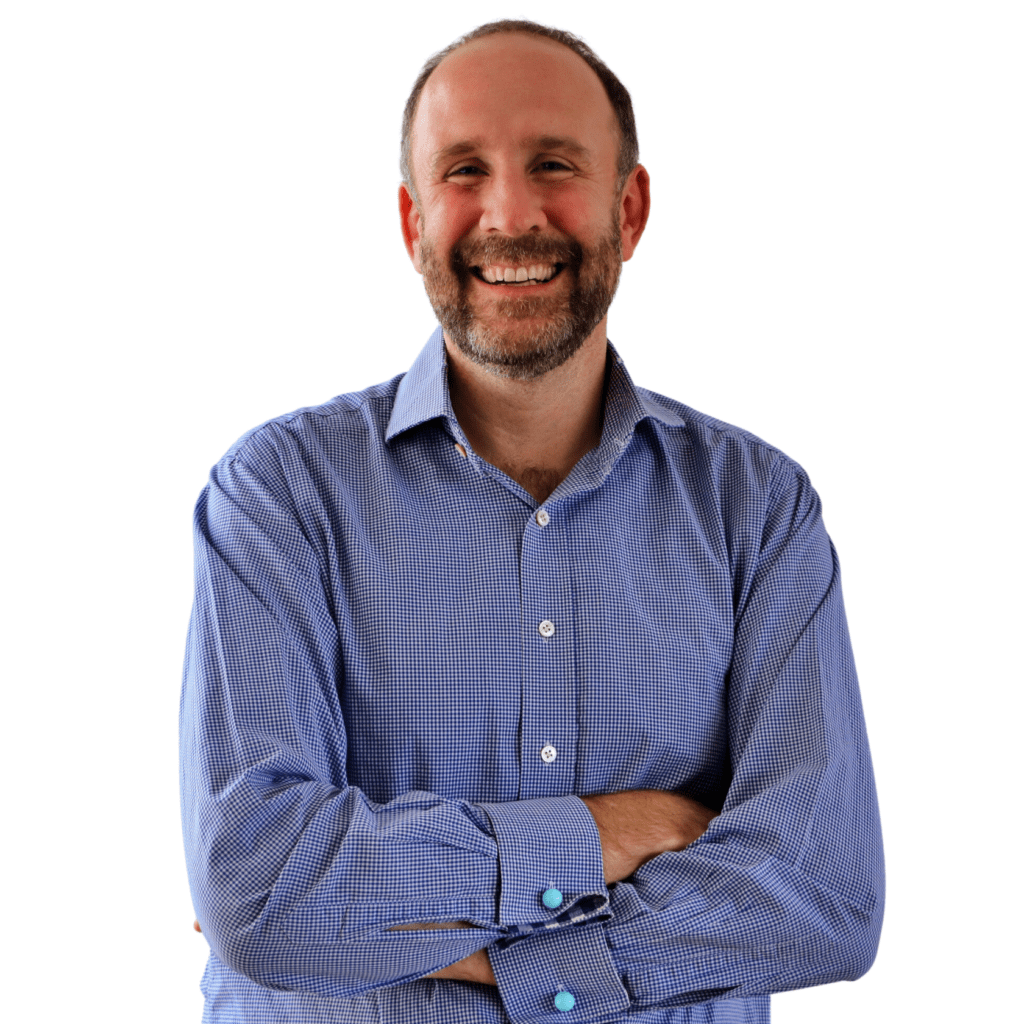
Freddie Carver
Regional Manager
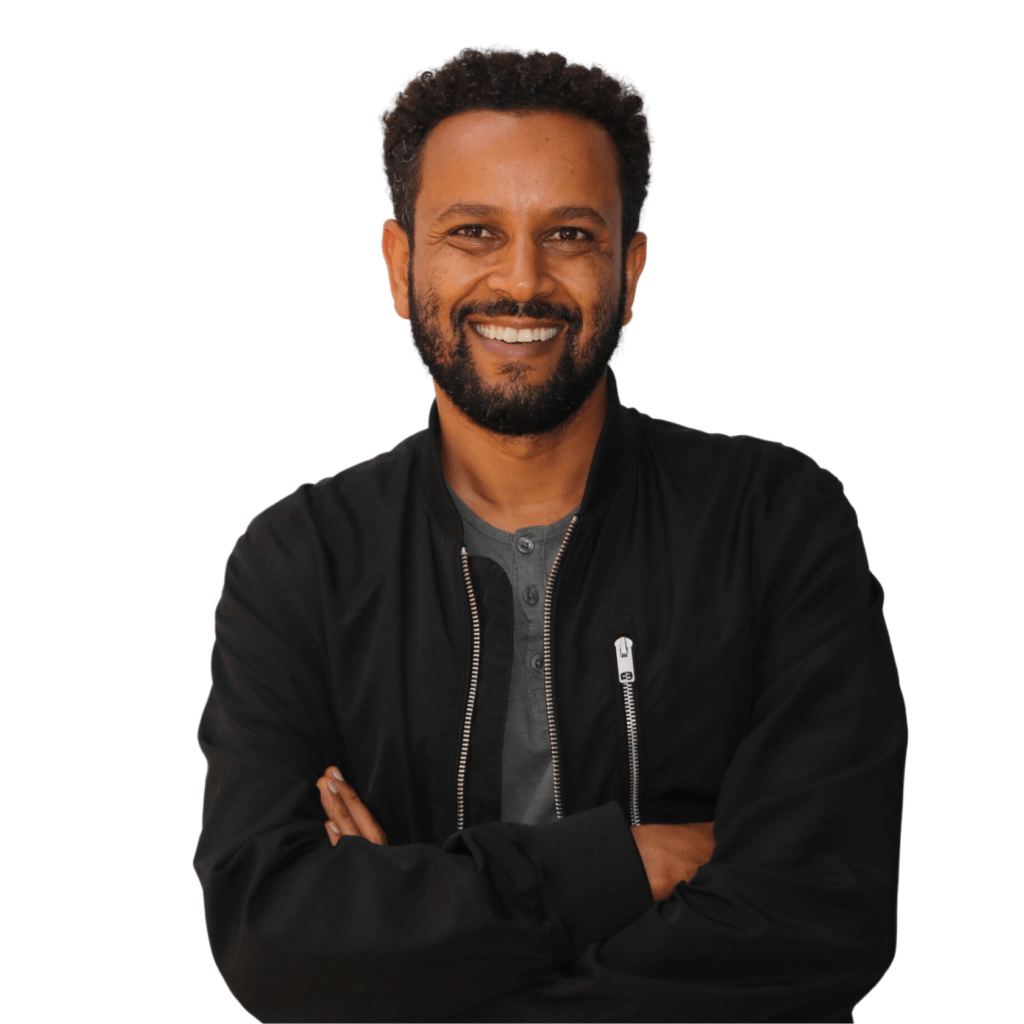
Mehreteab Gebregergs
ReDSS Ethiopia Manager
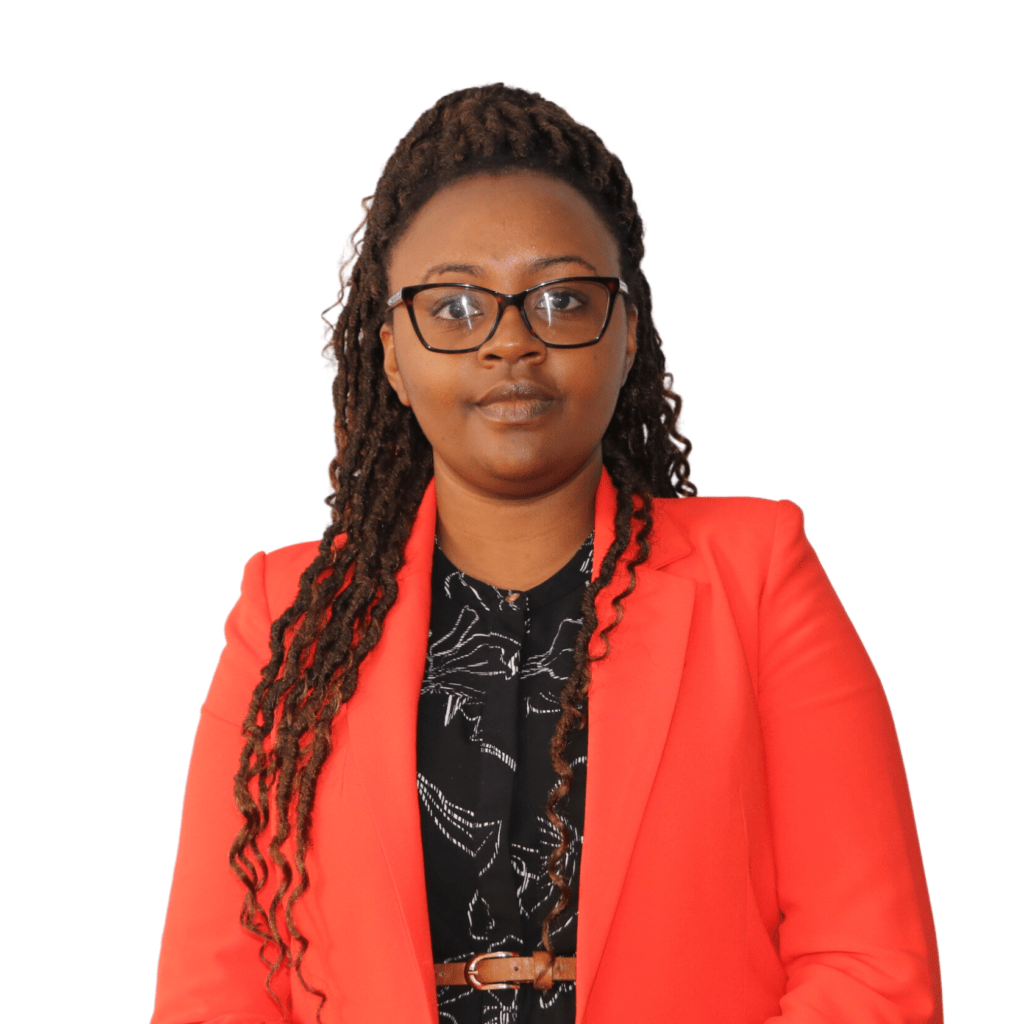
Patience Kiara
ReDSS Kenya Manager
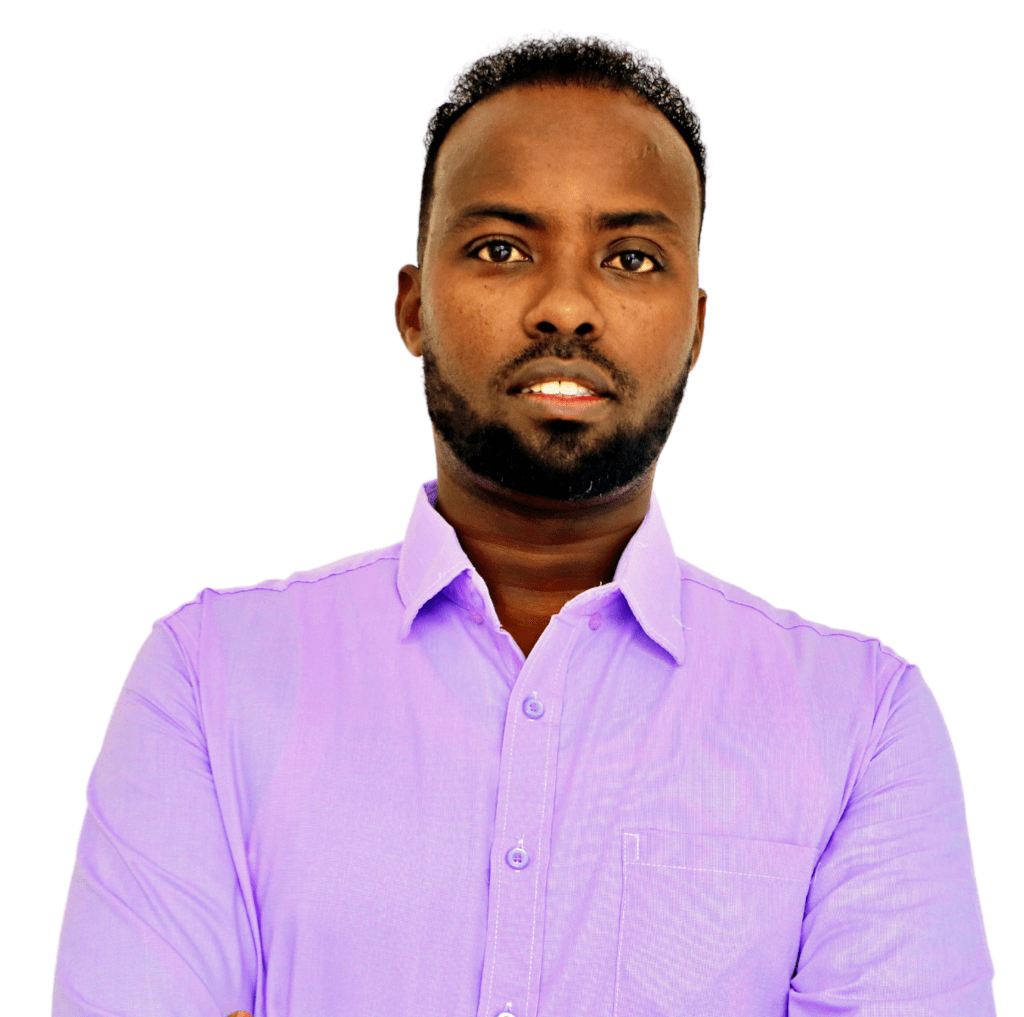
Mubarik Mohamoud Ahmed
ReDSS Somalia Manager

Elysia Buchanan
ReDSS Great Lakes Manager
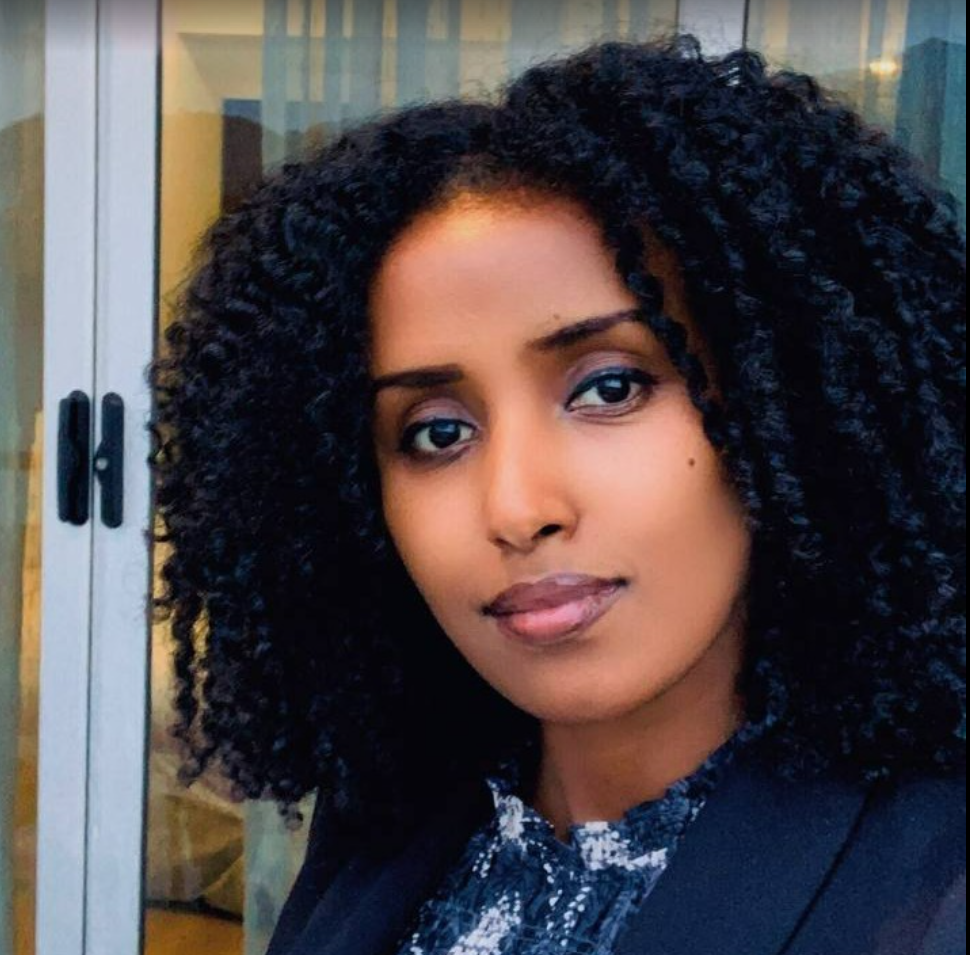
Selam Woldegirma
Programme Coordinator, Policy and Learning Ethiopia
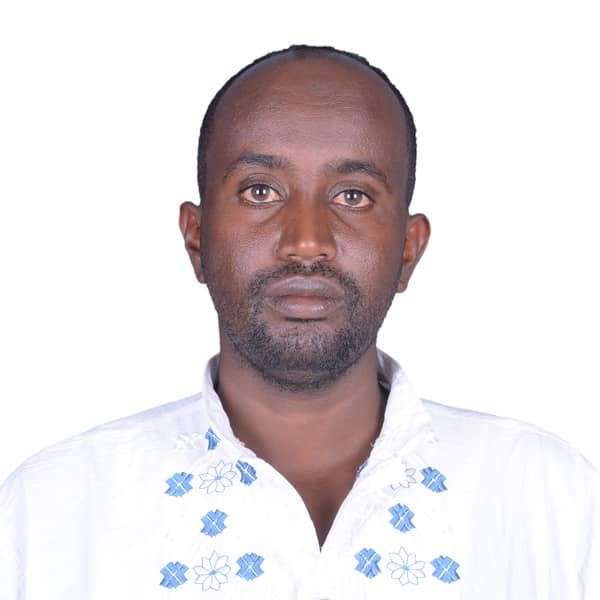
Guled Ali
Regional Programme Support Ethiopia

Irene Shiundu
Protection and Solutions Specialist Kenya

Andrew Maina
Solutions Coordinator Somalia
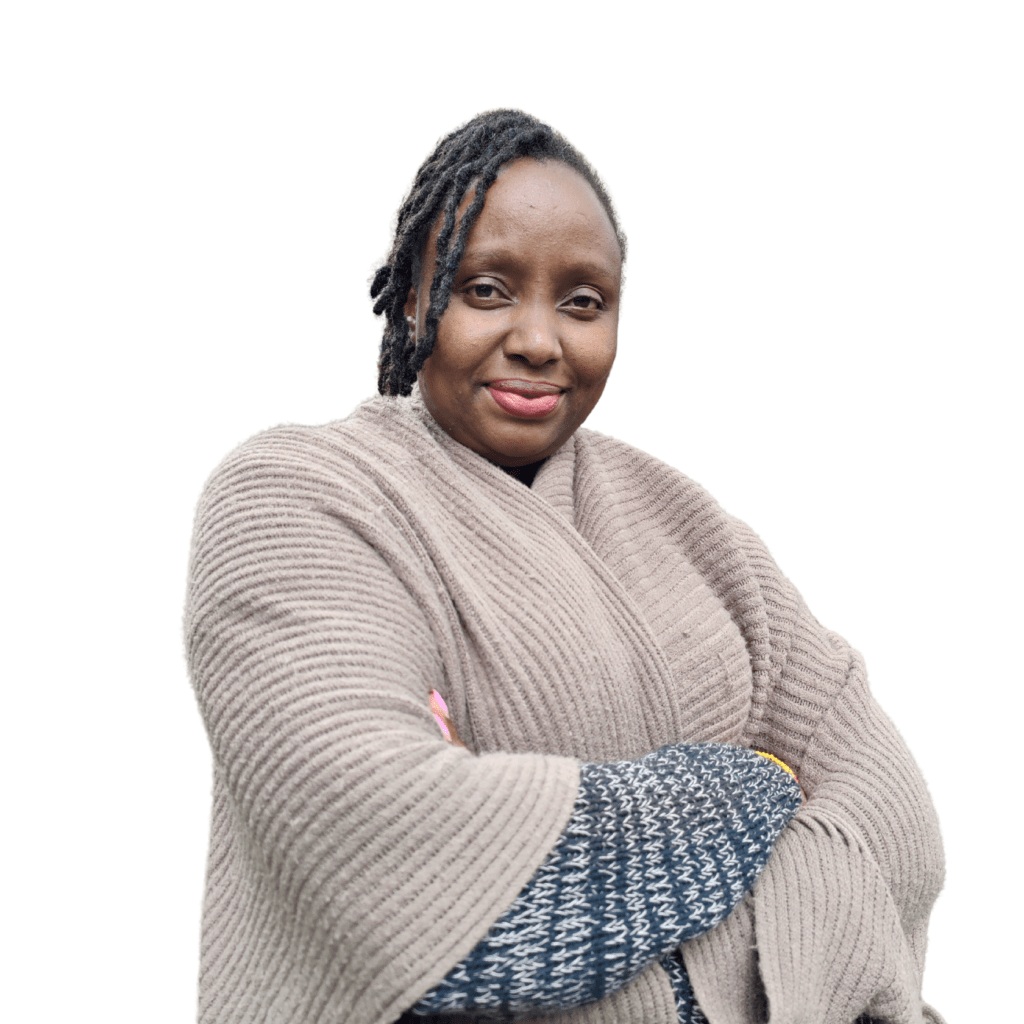
Hannah Muiruri
Regional Programme Support Specialist
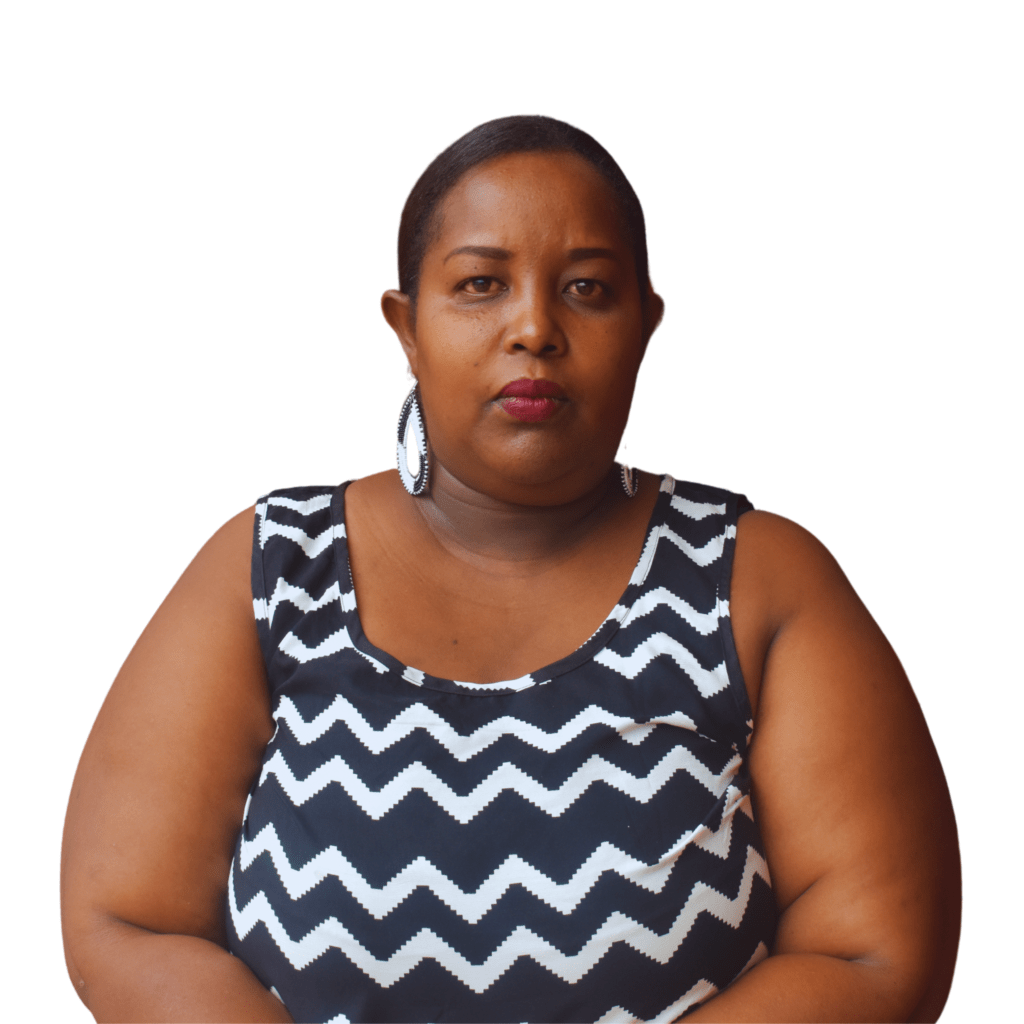
Mwizero Nadege
Communications and Learning Coordinator, Great Lakes

Francis Mutua
Regional Communications and Learning Coordinator